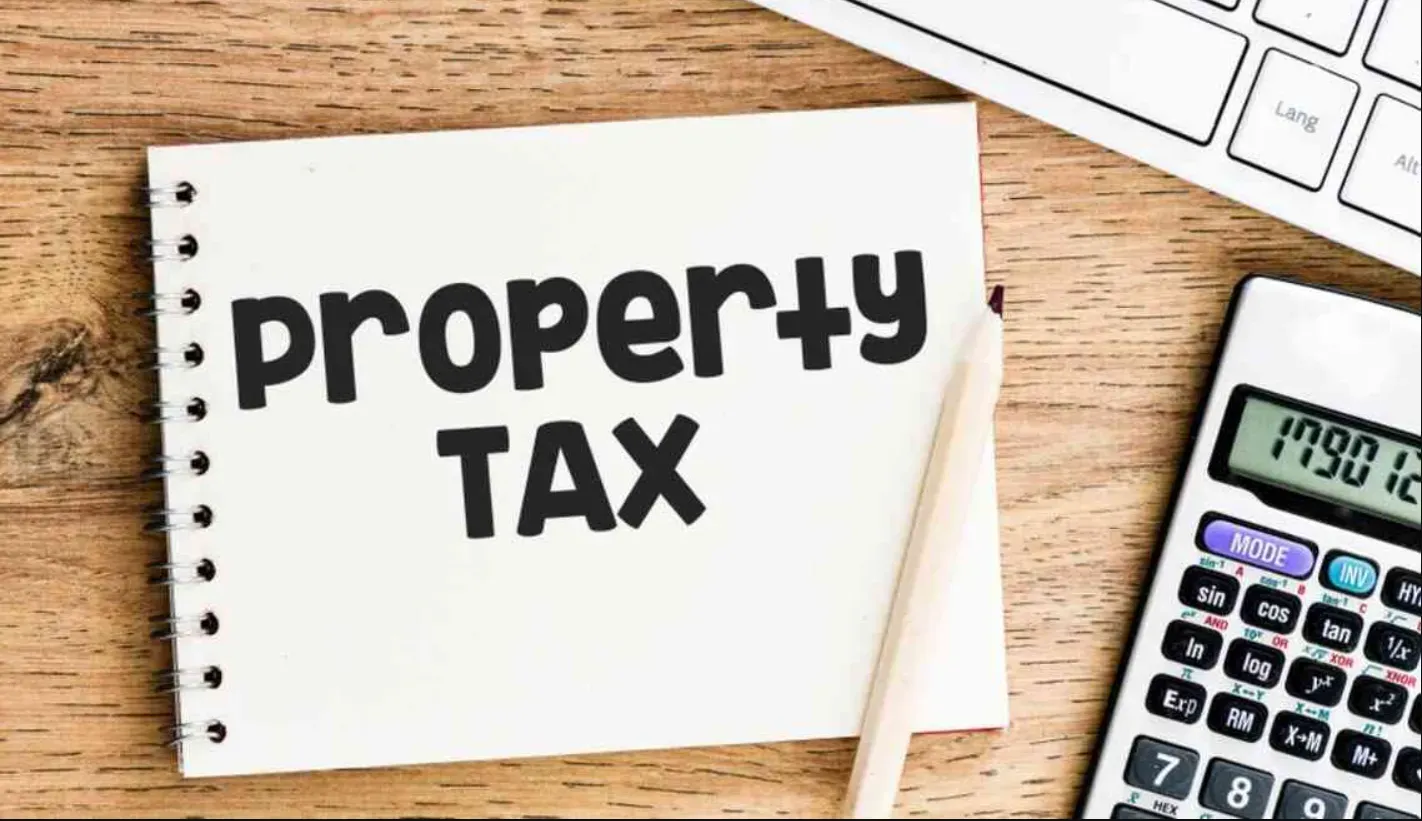Receiving a property tax bill can feel a bit overwhelming, especially if you’re not familiar with the breakdown of its components. If you’re a property owner in Pune, navigating the Pune Municipal Corporation property tax bill becomes even more critical. This article will help you understand what your PMC property tax bill entails, how it’s calculated, and how to make the payment online.
Why Property Tax Matters?
Property tax helps fund essential services like education, public safety, and infrastructure development in the community. To maintain your property effectively and support your city’s growth, it’s important to grasp how property taxes are determined and the various factors that affect them.
Key Components of the PMC Property Tax Bill
When you receive your PMC property tax bill, you will notice several components. Familiarizing yourself with these can demystify the total amount you owe.
1. Property Assessment Value
This is the first and most crucial component of your property tax bill. The property assessment value is determined by the PMC based on various factors, including location, size, age, and type of property. Each property in Pune is assigned a value that serves as the basis for calculating property tax.
2. Tax Rate
The property tax you owe is largely determined by the tax rate set by the PMC. Tax rates can vary based on property type and the services available in your area. Typically, residential properties have a different tax rate than commercial properties.
3. Usage Classification
The classification of your property—residential, commercial, industrial, etc.—plays a big role in determining how much you pay in property taxes. Different classes may be subject to different tax rates, which can significantly affect your total bill.
4. Other Levies
In some cases, additional levies might be applicable, such as water, sewer, or maintenance charges. These charges could vary based on the services you utilize, so it’s important to review them carefully.
How the Property Tax is Calculated?
Understanding the formula used to calculate your property tax can help you anticipate costs and make informed financial decisions. Here’s the basic formula:
Property Tax = Property Assessment Value x Tax Rate
Let’s break that down with an example:
If your property assessment value is INR 50,00,000 and the applicable tax rate is 0.5%, your property tax calculation would be:
Tax = 50,00,000 x (0.5 / 100)
Tax = INR 25,000
Remember, this is a simplified explanation. Your actual tax bill might include other factors and adjustments based on your specific circumstances.
Understanding Deductions and Exemptions
Pune residents may also be eligible for certain exemptions or deductions based on specific criteria such as senior citizen status, disability, or other qualifying conditions. It’s worthwhile to check with the PMC to see if you qualify for any relief that could lower your overall bill.
Making Your PMC Property Tax Payment
With the ease of technology, paying your property taxes has never been more straightforward. The PMC provides an online tax payment portal that makes the process simple and efficient. Here’s how you can easily navigate the municipality online tax payment system:
1. Visit the Official PMC Website
Start your payment process by visiting the Pune Municipal Corporation’s official website. Look for the property tax section.
2. Access the Online Tax Payment Portal
Once you’re in the property tax section, locate the link for online payment. This section will guide you on how to proceed.
3. Enter Your Property Details
You’ll need to input your property details, such as assessment number and property address. This step is crucial for linking your payment to the correct account.
4. Calculate and Review Your Tax
The portal will usually provide an option to calculate your pending tax amounts. Take a moment to review all charges and ensure that everything looks correct.
5. Select a Payment Method
PMC’s online portal typically offers multiple payment options, including credit/debit card payments, net banking, and e-wallet options for your convenience.
6. Save Your Receipt
After completing your transaction, save or print the confirmation receipt. This is essential for your records and may be needed for future reference or property transactions.
Common Mistakes to Avoid
When dealing with property tax bills, it’s easy to make mistakes. Here are some common pitfalls to avoid:
- Ignoring the Due Date: Missing the due date may result in penalties.
- Misunderstanding Property Assessment Value: Always understand how your property was assessed to address any discrepancies.
- Skipping Deductions: Look for exemptions that can lower your tax burden.
Keeping Track of Your Property Contributions
Understanding your PMC property tax bill is crucial not only for your finances but also for your role in the community. By knowing what you’re paying for, you can keep track of how your contributions lead to community improvements. Plus, staying updated ensures that you are making informed decisions about your property and finances.
Understanding your PMC property tax bill paves the way for better financial planning and community awareness. By recognizing the components and calculations involved, you’re empowered to engage more deeply with how local services are funded and delivered. From the assessment value to the percentage tax rate, every detail plays a role in your obligations as a property owner.
If you’re looking for more straightforward financial planning and property management solutions, consider checking with Bajaj Finserv for personalized support. They can offer you features that make managing your finances an easier and more informed experience.
Feel free to share your thoughts or experiences regarding property tax payments and how you navigate this process. Have a great day!
